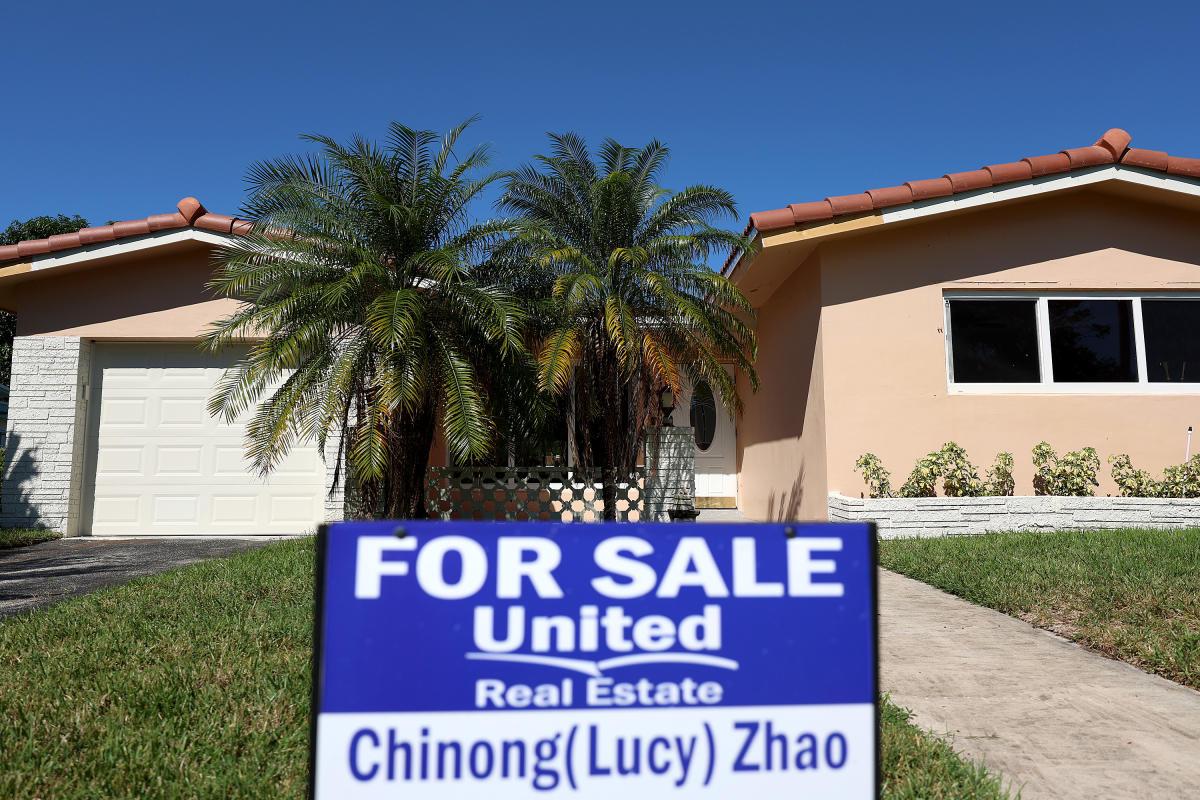For years, selling a home almost anywhere meant immediate interest from buyers, quick closings, and tidy profits. But now in many parts of the country, things are slowing down.
That’s forcing a harsh truth on pandemic-era homebuyers who are now looking to move: Selling in the era of 6.8% mortgage rates and slowing home price appreciation can be far more difficult than it was just a few years ago. Many owners, especially those who bought in more recent years, will wind up taking losses or barely breaking even on their purchases.
Today’s dynamics aren’t a harbinger of a market crash, but they are something of a return to how home buying and selling looked before years of ultra-low mortgage rates and pandemic-driven life changes turbocharged the housing market. The general rule that it takes at least five, and sometimes closer to 10, years to break even on a home purchase is back, leaving some would-be sellers facing tough financial decisions.
Outside of Boston, Burlington, Mass.-based broker Susan Kadilak has long cautioned sellers who have been in their homes for less than two years to watch out for potential capital gains taxes on quick profits. But while her market is still relatively hot, homes aren't appreciating as quickly, leaving more of those clients likely to roughly break even on their sales.
“Obviously, the hope is always to make some sort of profit when you hold real estate for a year or longer, but it doesn’t always happen, especially as interest rates have gone up and the market appreciation has moved on down,” Kadilak said.
Read more: Is it a buyer's market or seller's market? How to tell the difference.
Most home sellers stay put long enough to profit on their purchases. In recent years, the median duration of homeownership has been 12 to 13 years. But a chunk of more recent buyers — especially those who rushed to purchase during the low interest rate boom of 2020 and 2021 — are now looking to sell as their needs change. A survey of 1,000 first-time home sellers by real estate firm Opendoor released in March found that 91% said pandemic buying mistakes influenced their decision to sell now.
Leighann Miko, the founder of Equalis Financial, a fee-only financial planning firm, has a number of clients contemplating what to do with pandemic-era purchases that no longer fit their needs.
“People were buying homes that weren’t necessarily in alignment with where they wanted to be long-term, but it made sense in the moment for what was available,” Miko said. She advises clients considering selling now to consider not just their potential profit or loss, but also their values and where they envision living their ideal life.




